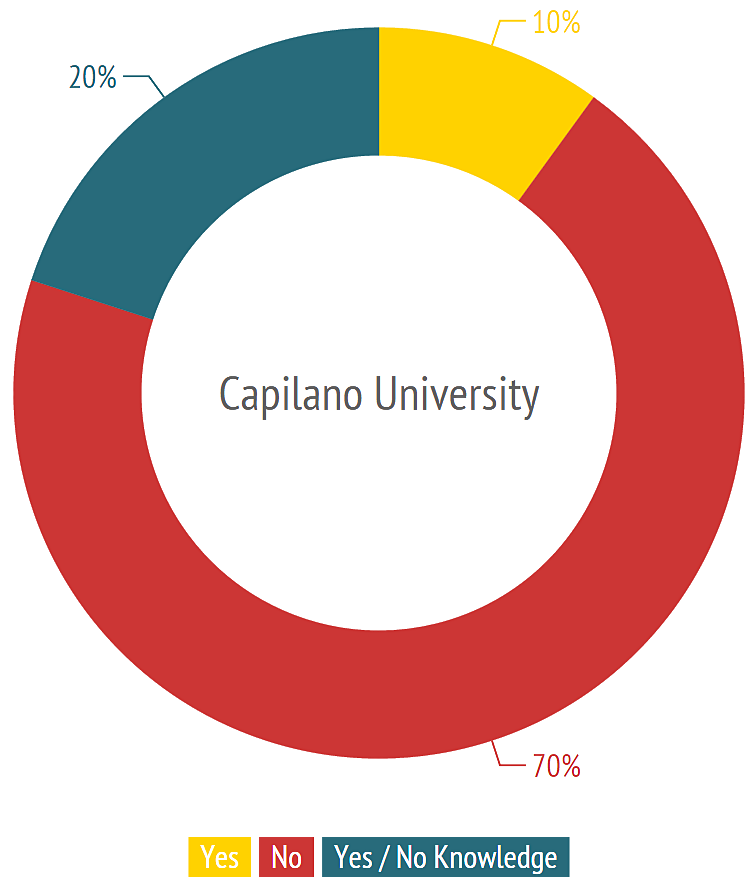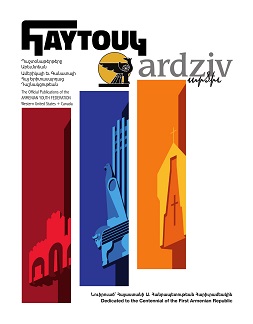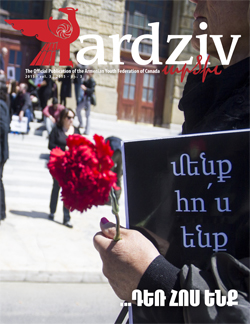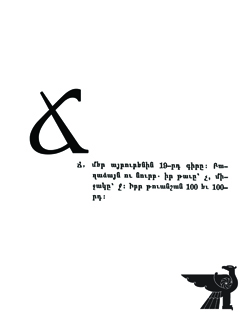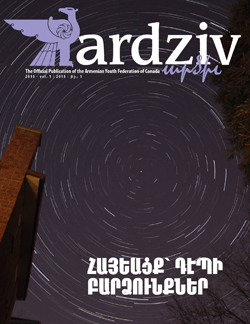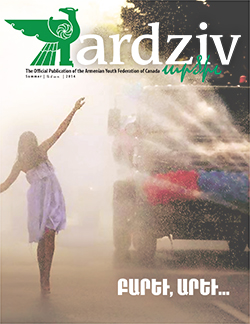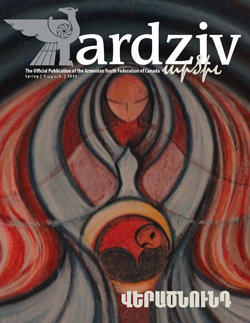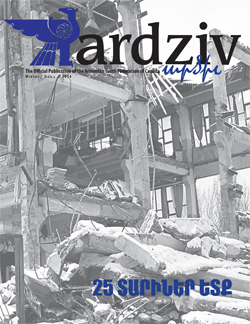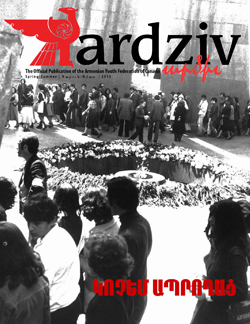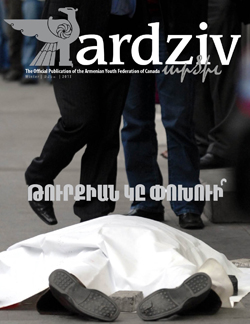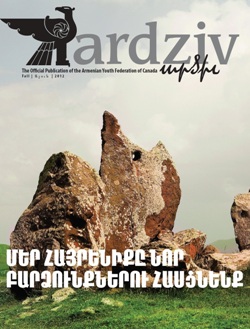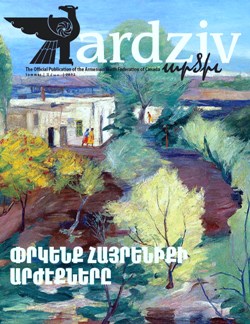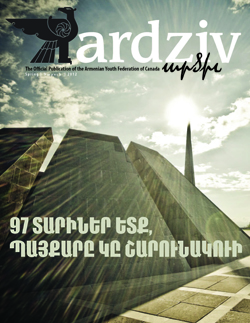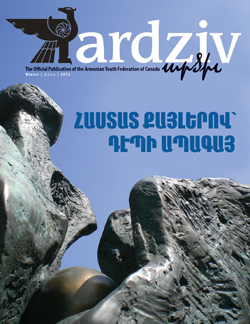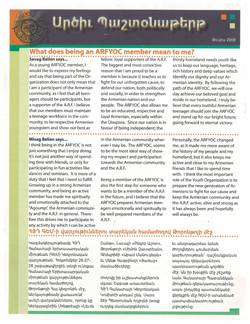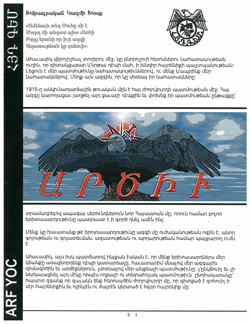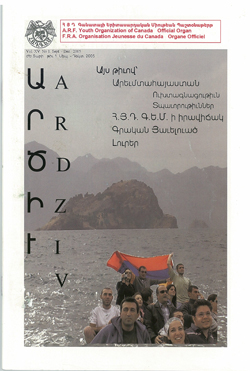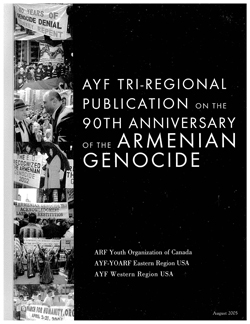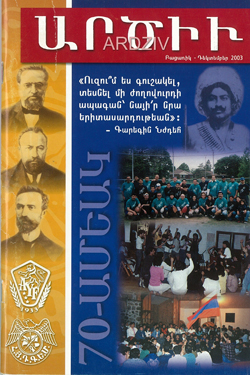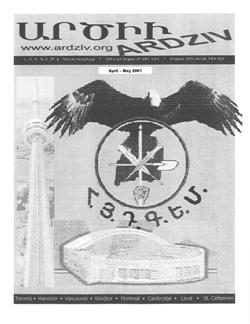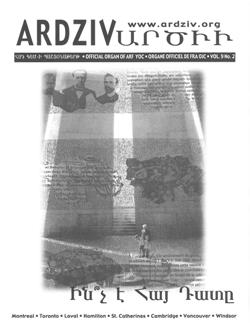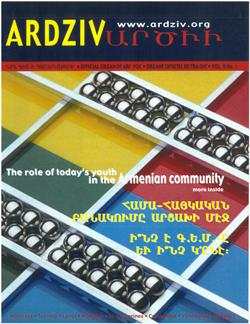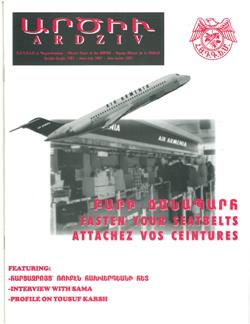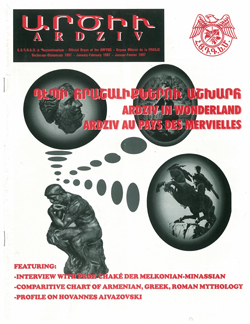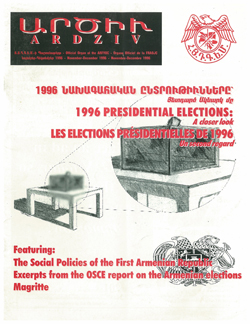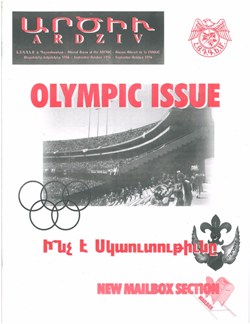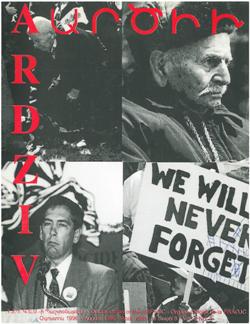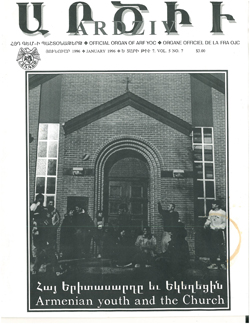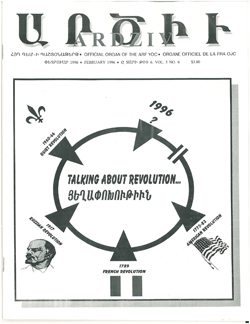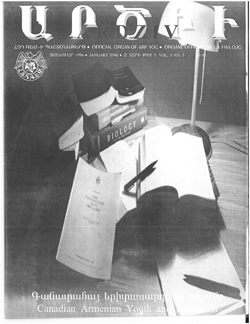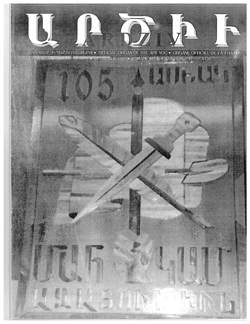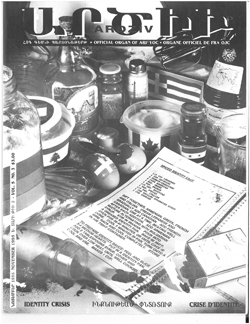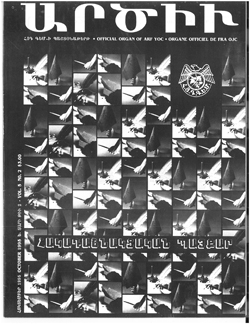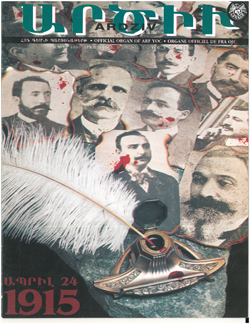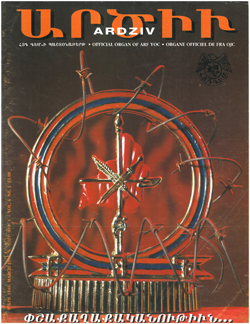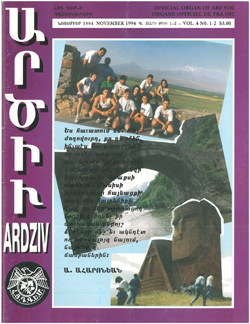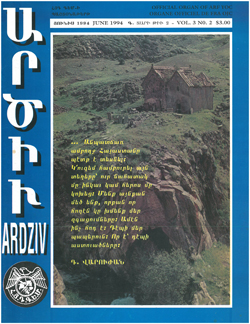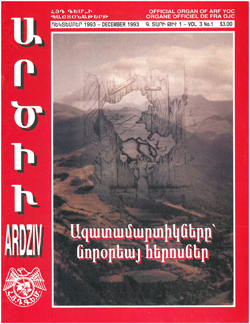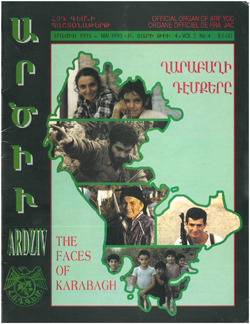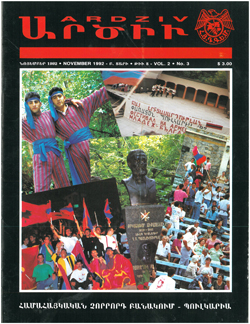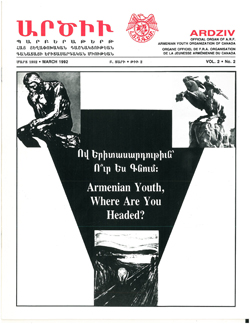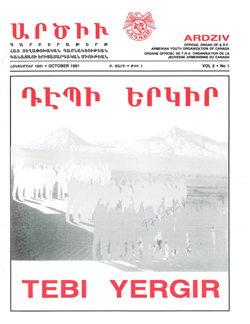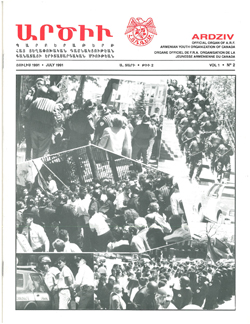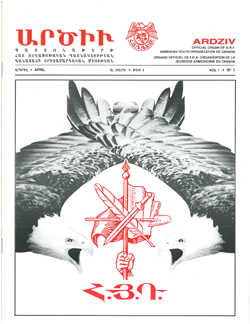Armenian Genocide – The Invisible Wound
By: Ara Ghukasyan | Posted on: 04.03.2015Warning: Undefined array key "ssba_bar_buttons" in /home/u108981792/domains/ardziv.org/public_html/wp-content/plugins/simple-share-buttons-adder/php/class-buttons.php on line 602
Warning: Undefined array key "ssba_bar_buttons" in /home/u108981792/domains/ardziv.org/public_html/wp-content/plugins/simple-share-buttons-adder/php/class-buttons.php on line 602
Warning: Undefined array key "ssba_bar_buttons" in /home/u108981792/domains/ardziv.org/public_html/wp-content/plugins/simple-share-buttons-adder/php/class-buttons.php on line 602
Warning: Undefined array key "ssba_bar_buttons" in /home/u108981792/domains/ardziv.org/public_html/wp-content/plugins/simple-share-buttons-adder/php/class-buttons.php on line 602
“If a tree falls in a forest and no one is around to hear it, does it make a sound?” – George Berkeley
On April 24th 1915 not only did a single tree fall, but a whole forest was demolished; brutally torn apart by men who chopped and hacked down almost every tree. Not a single crack of a snapped branch echoed, nor did the cries of the birds ring out. Not once did the world hear a sound.
Those trees stood for the men, women, and children who were betrayed by their Ottoman government. That forest was Armenia and its people’s demise. The Armenian Genocide is an event so traumatic that it has engrained itself into our culture; it is a part of who we are. Our wounds have not healed; they bleed just as red today as they did a hundred years ago. Yet despite this prolonged pain, our wounds are invisible to all but us. It is common knowledge that our genocide is not as well-known as the Holocaust, but let’s put that aside for a moment. Other than comparisons to other tragedies, do we empirically know how well our genocide is publicly known? I set out to find out…
Rallying together two fellow AYF-ers, Shant Basmadjian and Ani Markarian, we went out to survey the diverse people of Vancouver. Our hopes were to find out, to what extent do citizens of a progressive, western city know about the tribulations that our small nation, Armenia, had to endure a hundred years ago. It turns out that Vancouver was the perfect playground to put my questions to test. With people of all different cultures and backgrounds here, by asking Vancouverites we were, in essence, asking the world. Still, even with the large diversity I had to be careful with the way we approached the survey. I knew it would be a laborious task and that we would only have enough time to ask a few hundred people. These few hundred people would have to give us enough information to let us draw a generalized conclusion.
I sculpted an outline for the survey to maximize the sample size and to keep the survey brief. I settled on two-hundred people being a reasonable sample size and split that number up into two groups: university students and the general public of downtown Vancouver. Downtown Vancouver was chosen since it is considered the boiling pot of Vancouver culture, with people of all different races, ages, and walks of life walking the streets. The three universities chosen were the University of British Columbia (UBC), Simon Frasier University (SFU), and Capilano University. Fifty people were asked at each university and fifty people were asked downtown.
The simple question we asked was the following:
Have you heard of the Armenian genocide? To this they could answer: yes, no, or yes but no knowledge. If the answer was a yes, the follow up was; how did you hear about it? We tried our best to ask people of all different ages, races, and genders to get as diverse a survey result as possible.
Armed with a pen and notepad, we stood out in the mild Vancouver winter with cold fingers and a new-found enthusiasm. On the university campuses, the trouble was finding students who had enough energy in between classes and Tim Hortons runs to speak to us. On the downtown front, the trouble was trying to convince passers-by that we weren’t Jehovah’s Witnesses. To deal with this, our usual hook was that we were students and that we would only need ten seconds of their time. This proved most effective, except for when, in typical Vancouver fashion, we found a lady who challenged our word, literally walking away mid question after roughly ten seconds were up. Nonetheless, after our four days of coffee fueled surveying were up, we were left with a black notepad full of data. We asked and Vancouver answered. It was time to tally up the results.
Hitler has been recorded to have said “Who, after all, speaks today of the annihilation of the Armenians?” Unfortunately Hitler’s question still holds relevance today: who does still speak of the Armenian Genocide? It turns out, not many do.
Out of all the places we asked, UBC had the highest percentage of people who claimed they knew about the genocide. Being one of Canada’s top universities, this fact is not very surprising. What is surprising though, is that UBC only had 32% of its surveyed students answer yes. To let that sink in, I’ll repeat the fact: one of the top educational institutions in all of Canada only had 32% of their randomly surveyed students know about the Armenian Genocide. This small number only got smaller once we summed up all the universities. When the one-hundred-and-fifty combined UBC, SFU, And Capilano students’ answers were tolled up, the ‘yes’ rate dropped down to a mere 18%.
Downtown Vacouverites’ data wasn’t much better, with a 22% ‘yes’ rate. (All of our collected information is shown at the end of the article) This collected data blatantly supports the hypothesis that our wounds truly are invisible. We bleed yet no one sees our blood.
Now onto some more optimistic news: it isn’t too late to change this. While surveying we stumbled upon more than a few people that were curious to hear about the genocide. It is my belief that almost every sane, goodhearted person inherently cares about justice and feels fundamentally uncomfortable to hear about or witness unjust events. When there is an imbalance of good, when justice is not severed, the public will react passionately. I need not point to anything further then the recent Charlie Hebdo riots to back my point up. We, as Armenians, need to generate the same public interest in our genocide. We must explore and use every form of communication we have at our disposal. Through our art: music, film, and theatre; through academics: schools, papers, and lectures; public demonstration, to billboards, and social media campaigns – We must do anything and everything that will peacefully make our presence known.
Our wounds are invisible, yes, and our trees have fallen without sound, but it is not too late to make noise. Justice will only be served once the public hears there has been injustice; and for them to hear, we must shout louder.
